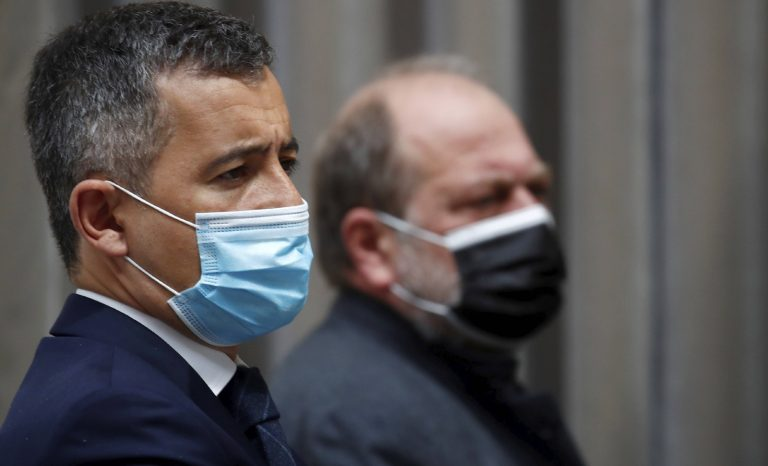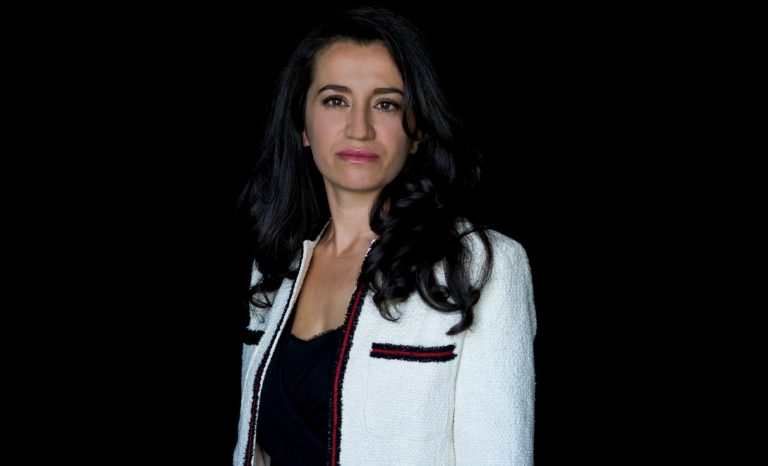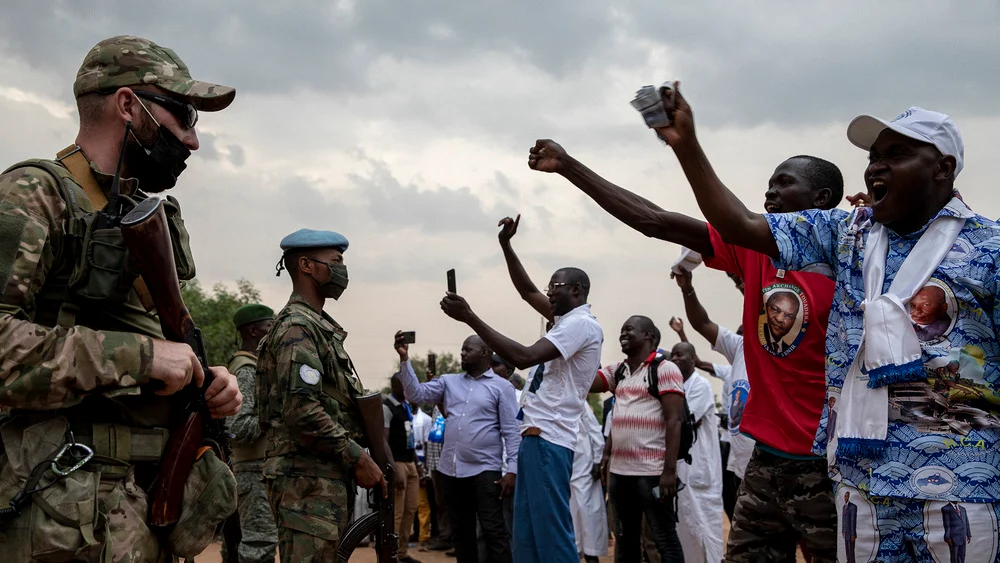Abstract
This research note looks at the radical influencers of Bosnian foreign fighters. This group is important, as the Balkan region has been seen as a spot of jihadist activism and recruitment for the IS and Al-Nusra Front. Previous research on foreign fighters emphasized that a small number of individuals (religious leaders, former combatants, and others) at the local level play a significant role in this recruitment. The influence of such figures results in hotspots of radical activism, which are called “power centers” here. This research note argues that such dynamics are likely to be even more evident in postwar societies due to state weaknesses, which create more power for social actors and inhibit counterterrorism. The paper also analyses the role of leader-led radical “institutions” that have appeared after the Bosnian War. By doing so, it stresses the significance of local radical influencers in the recruitment of Bosnian foreign fighters. The research note shows that radical influencers in postwar radical milieus manage to “institutionalize” their authority by filling the void left by domestic war(s) with life guidance and religious values. The paper provides insights into the social relations, authority and decision-making connected with foreign fighter departures to Syria and Iraq (2012-2016).
A series of shootings occurred on 2 November 2020 in the center of Vienna, Austria.1 A gunman opened fire with a rifle, killed 4 civilians and injured 23 more. The attacker was born and grew up in Austria, but his family is originally from the Balkans. To the Islamic State, foreign fighters from the Balkans are particularly important for three reasons: first, they are linked to large diaspora communities in Western Europe. Second, they come from societies with historical ties to Islam. Finally, the Balkan region is marked by recent wars, and thus also by frozen but unresolved political and ethnic disputes.








